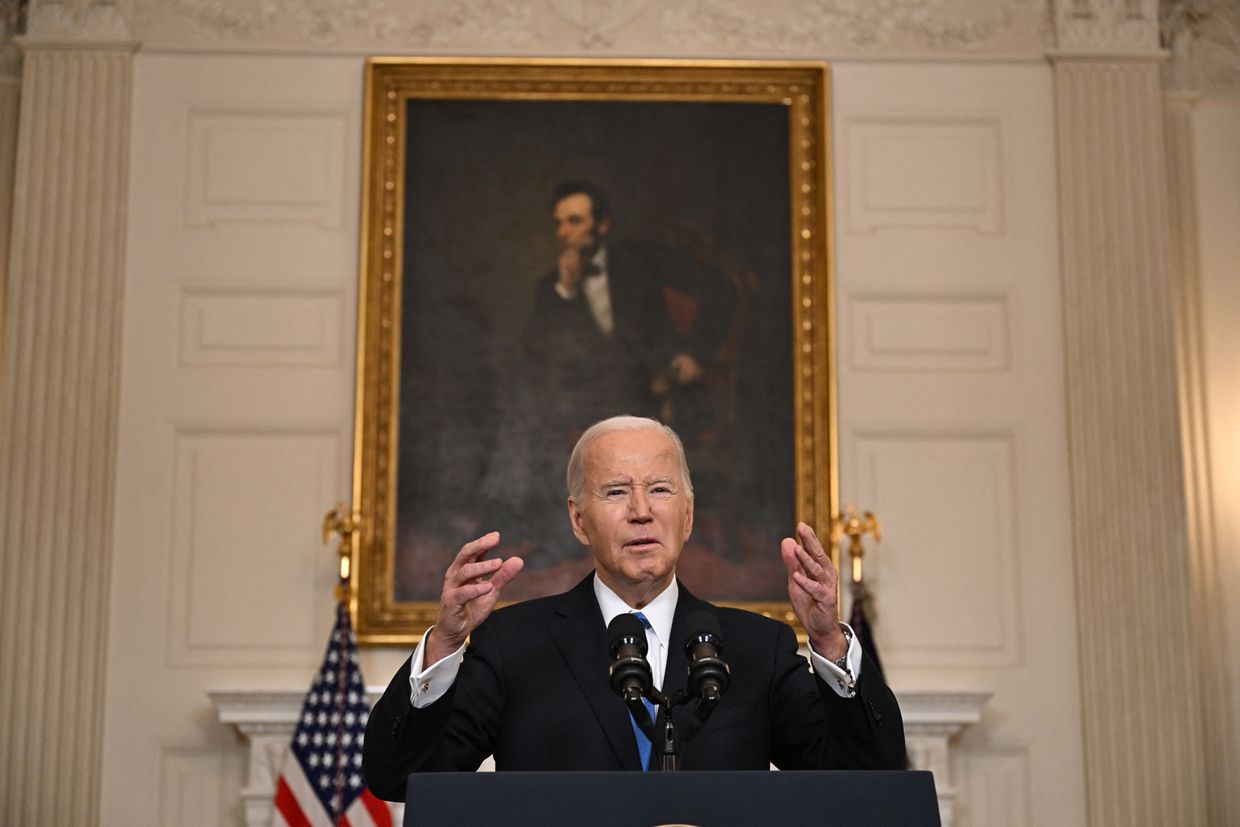Kellogg says Ukraine proposed 30-km demilitarized buffer zone, admits Putin main obstacle to ceasefire

Ukraine suggested creating a demilitarized zone jointly controlled by Kyiv and Moscow, U.S. special envoy for Ukraine Keith Kellogg said in a Fox News interview on May 6.
Kellogg described the proposal as a buffer zone with both sides pulling back 15 kilometers, creating a 30-kilometer area monitored by observers from third countries.
He said the arrangement could accompany a ceasefire "in place," meaning both sides would maintain control of the territory they currently occupy.
The proposal contrasts with Russian President Vladimir Putin's demands, which require Ukrainian forces to withdraw from Donetsk, Luhansk, Zaporizhzhia, and Kherson oblasts.
Russia claimed to annex the four regions during its full-scale invasion in 2022, but it does not fully control any of them.
Kellogg said the main obstacle to reaching a deal is Putin's refusal to accept a ceasefire.
"I think we're close. The one man who can deliver it, I believe, is President (Donald) Trump, as long as Putin agrees. And that's one of our, probably our, impediments to progress — the president of Russia right now not agreeing to it," Kellogg said.
Responding to Kellogg's statement, Kremlin spokesperson Dmitry Peskov said Moscow has not received any proposals from Kyiv regarding the establishment of a demilitarized zone along the front line, Russian state news agency TASS reported.
Moscow has listed maximalist demands in ceasefire talks and rejected a U.S.-proposed 30-day ceasefire, which Kyiv accepted on March 11.
"You get to a 30-day ceasefire. It'll get extended. And it is so hard to do this when you're a military guy… to restart a conflict. And I don't think they will," Kellogg added.
Since taking office in January 2025, Trump has not approved any new U.S. military aid for Ukraine. His campaign pledge to end the war within 24 hours has failed to yield results after more than 100 days in office.
Despite frustration with Moscow's refusal to de-escalate, the Trump administration has not imposed new sanctions or taken other steps to pressure the Kremlin.
Secretary of State Marco Rubio and Trump previously warned that the U.S. would withdraw from mediation efforts if talks stalled.











